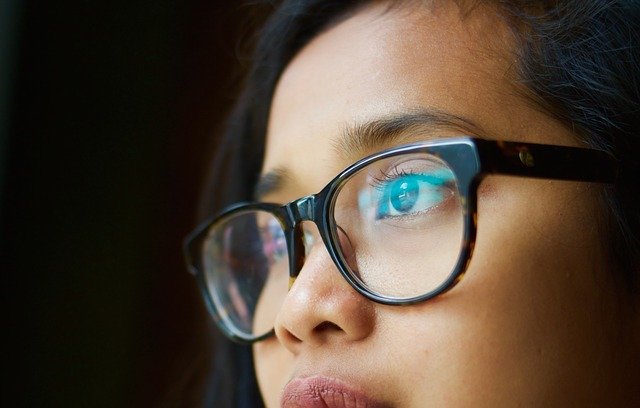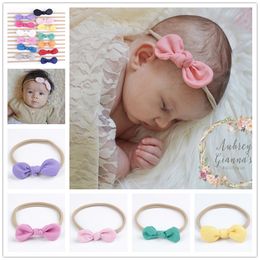
The difficult thing about self-diagnosing virtually any ailment is that you don’t have access to a ‘control’ group for the purposes of comparison. That is to say, you can’t temporarily put your consciousness in someone else’s body and compare your medical condition between what you think you may be experiencing in your own body and what someone who doesn’t have symptoms may be experiencing. Why do we bring this up? Because of Grandma Ruth. Who? My friend’s Grandma Ruth, who, around 10 years ago, underwent laser eye surgery. Upon recovering, she told my friend “I wish you could see what I can see”, and he replied “I can!”. Who knows how many Grandma Ruth’s there are out there who simply don’t know that they have symptoms of poor vision.
Rubbing your eyes more often
Rubbing your eyes more often is often a sign of eye fatigue – this can develop as a symptom towards the end of the week, where the eyes are strained from focusing on work tasks Monday to Friday. You should consider speaking to your optician about potentially helping to relieve the strain through the use of reading glasses. The main benefit is of course a resolution to your symptoms, but you can also benefit from introducing a new accessory to your look. There are glasses to enhance all face shapes – if you’re worried about glasses not suiting you, and that’s the reason you haven’t acted on your symptoms, try rectangle glasses (like these) for instant reassurance.
What do you see when you drive at night?
What you see when you drive at night can be a tell-tale sign that you may require eyeglasses. If you see what is described as “halo and glare” then you might have a problem. This is where light from oncoming headlights bleeds out from the light source to create a circular glow around the headlight or streetlight or shop sign or whatever the case may be. People who do not need glasses may have noticed this phenomenon when driving through wet weather (the water on the windscreen bends the light to create the effect). However, people who always experience halo and glare when raining or not would not have any reason to realise that this is not supposed to happen in dry conditions. If you are concerned, speak to your optician – although halo and glare can sometimes be attributed to overexposure to bright lights (which can have an effect on vision for up to two days), it could also be a sign of something more serious like cataracts.

Leave a Reply